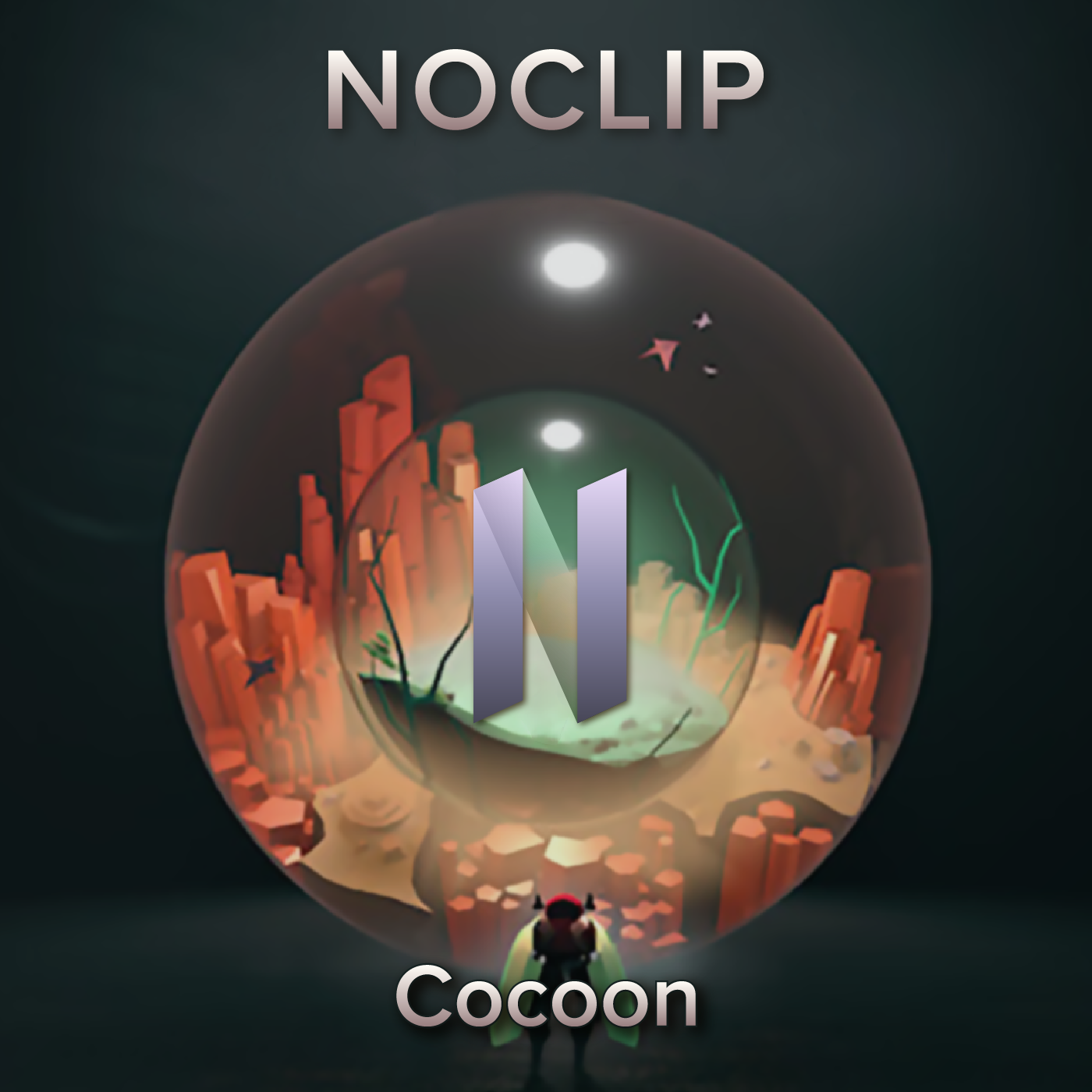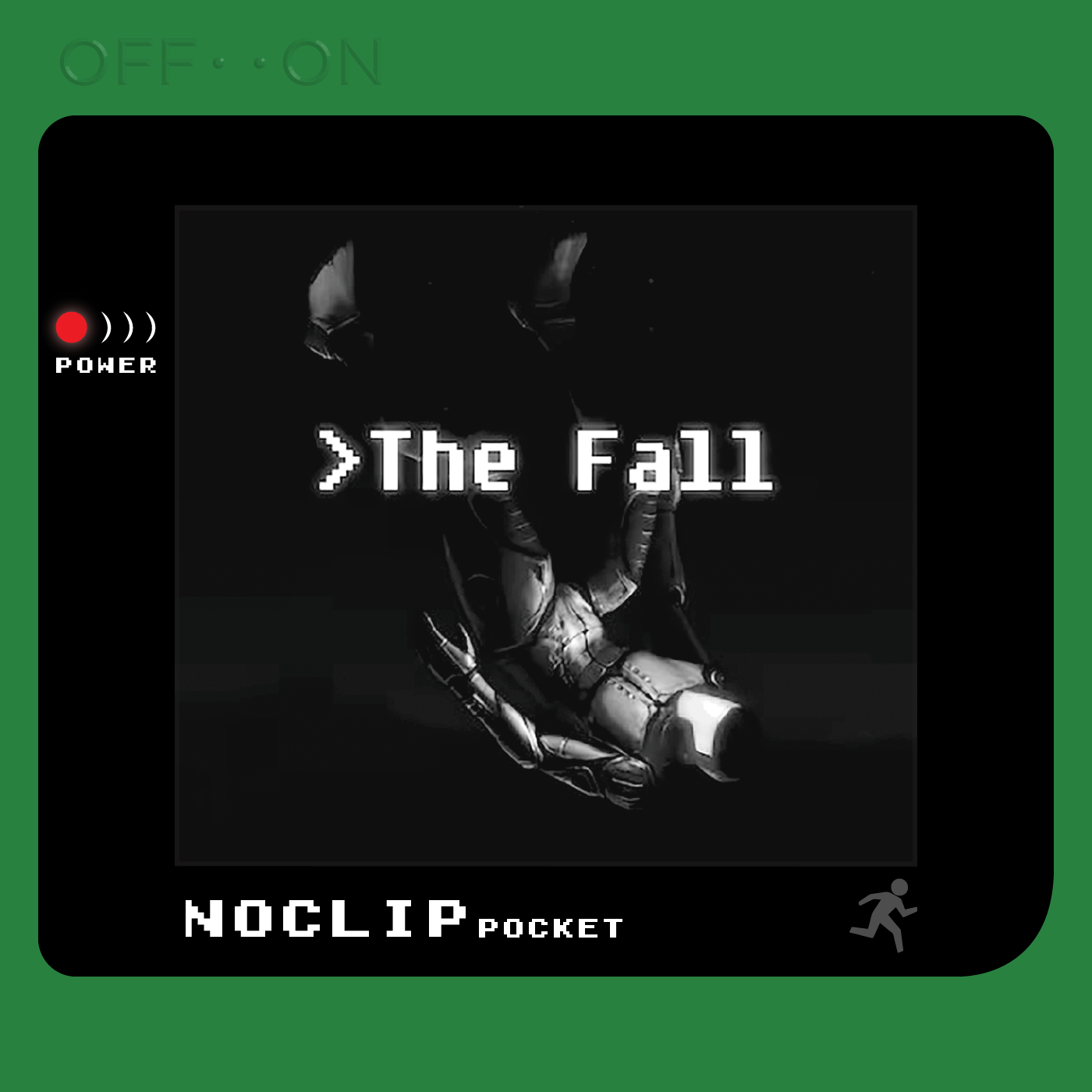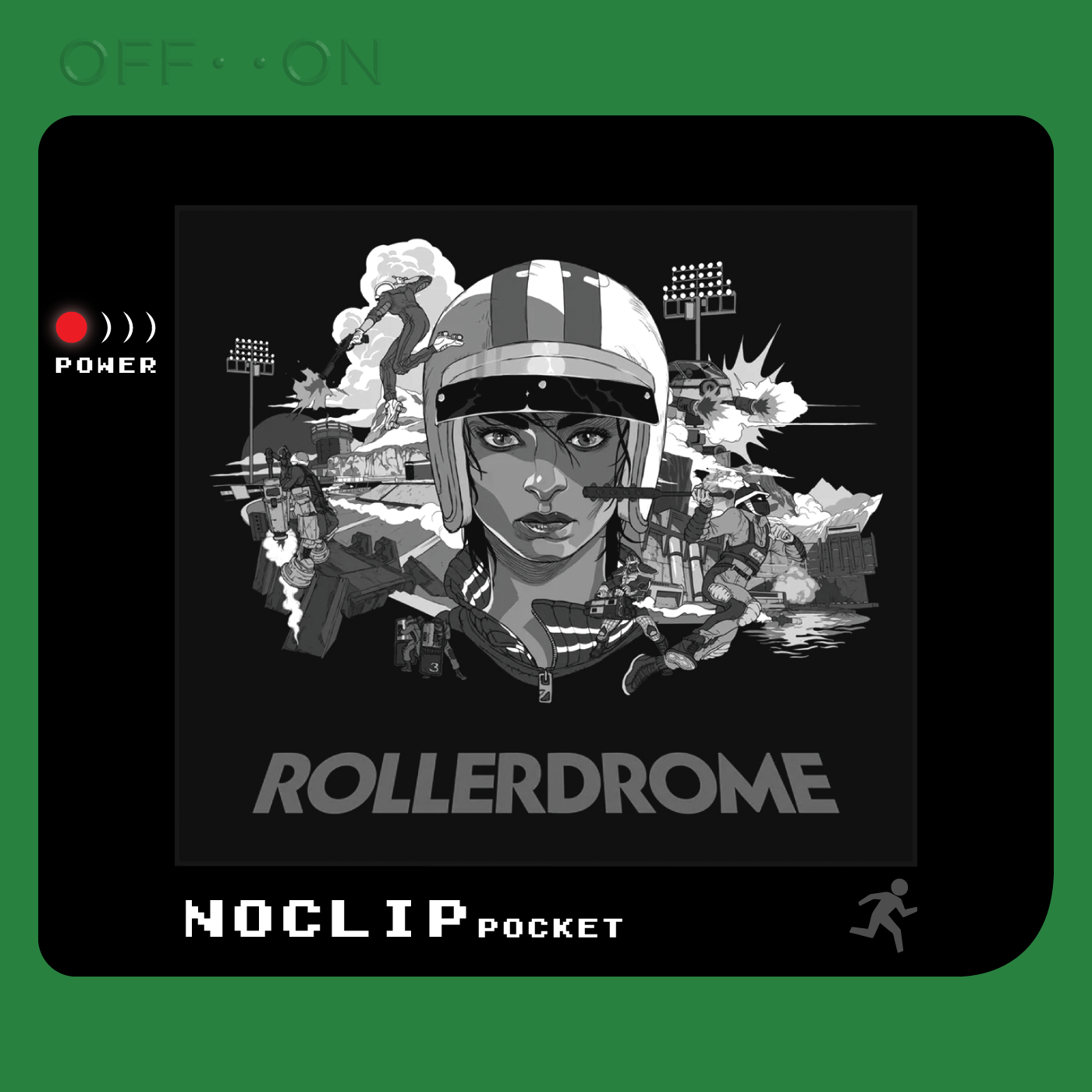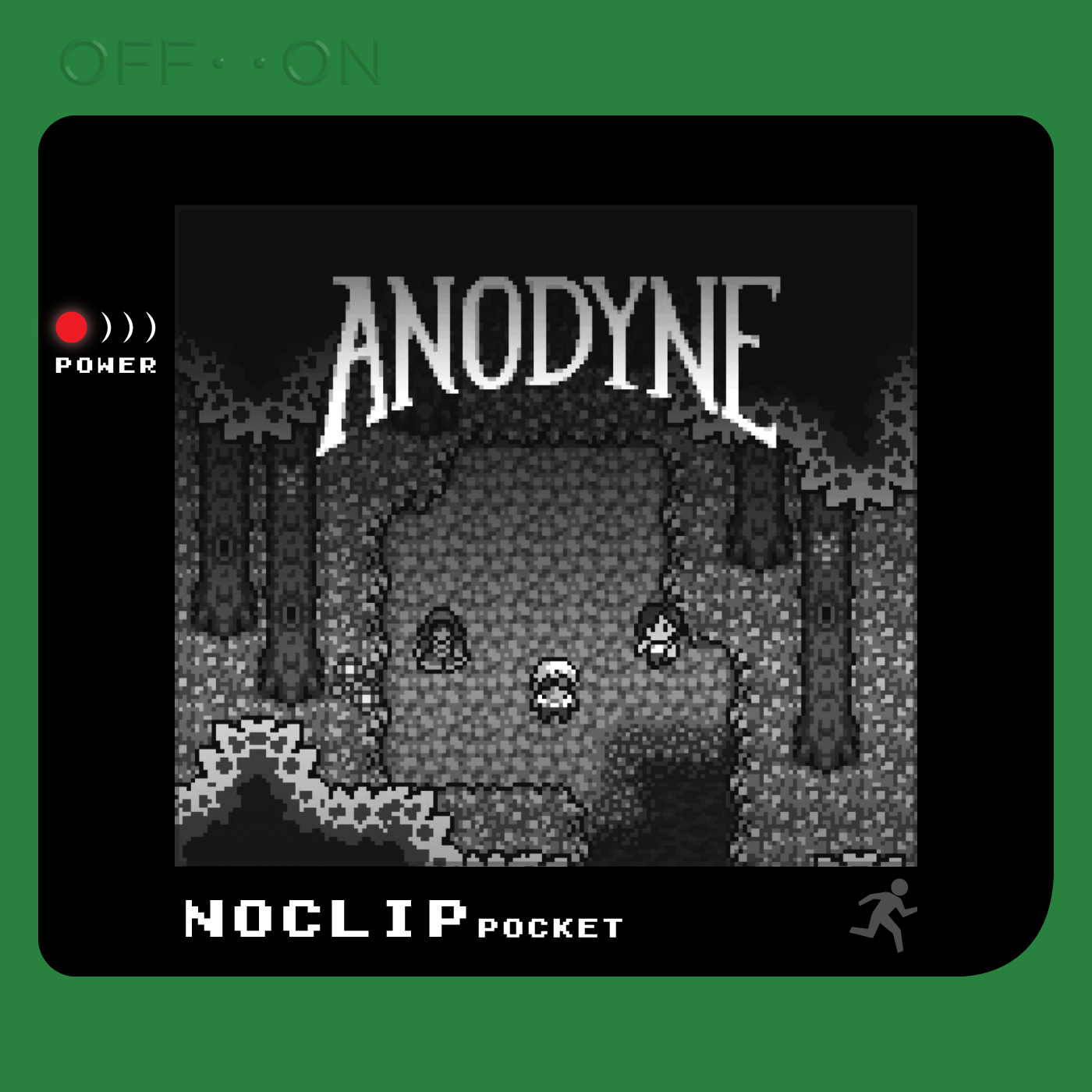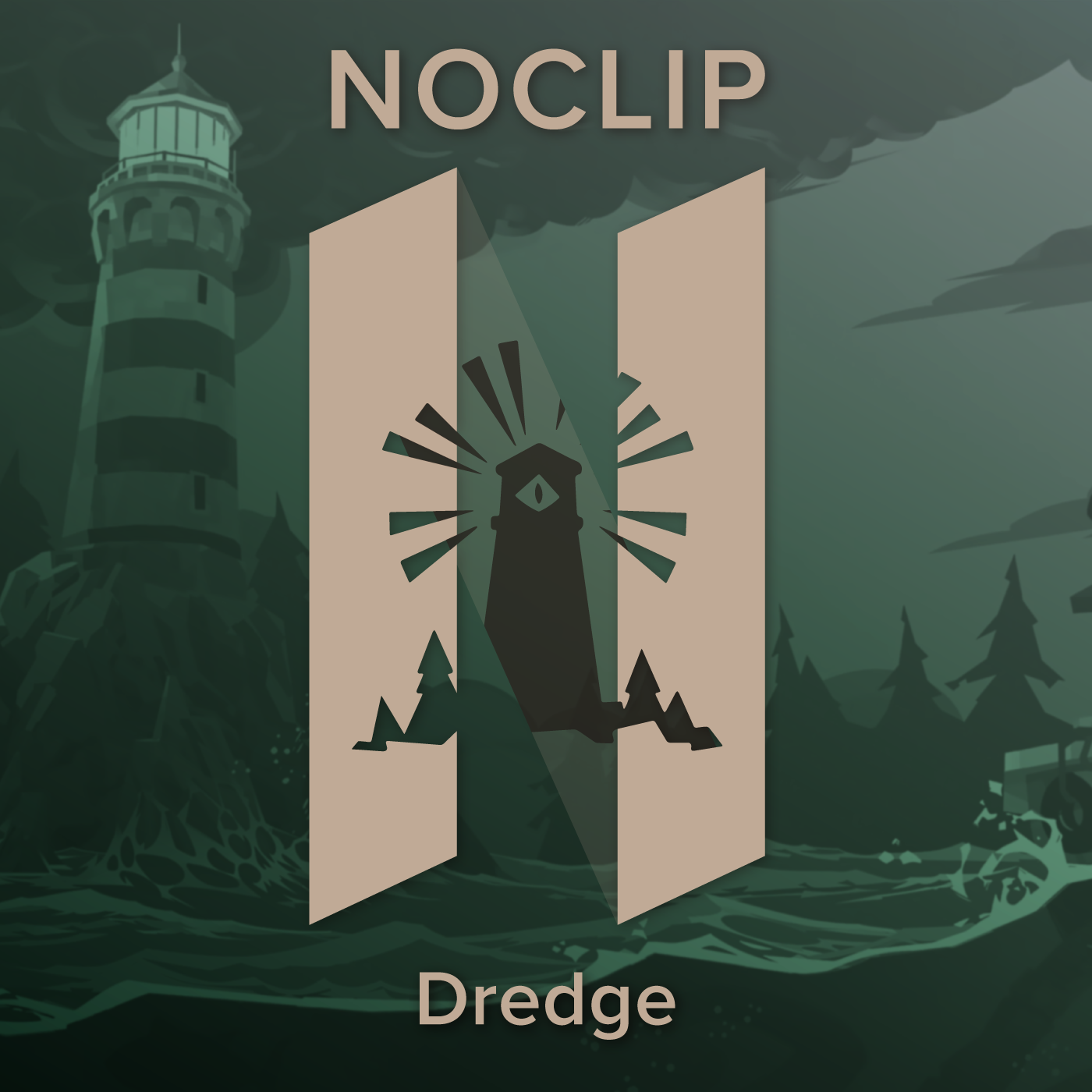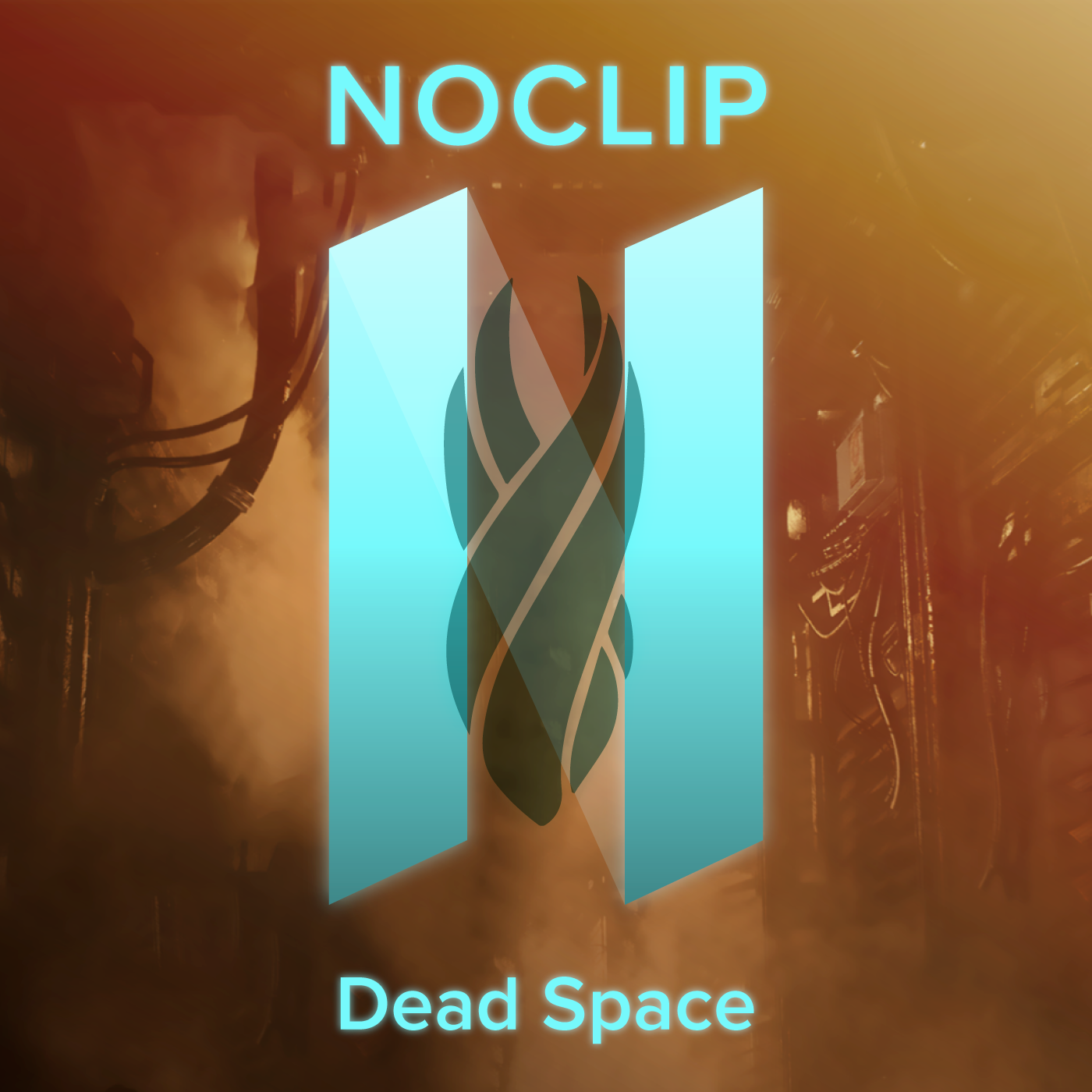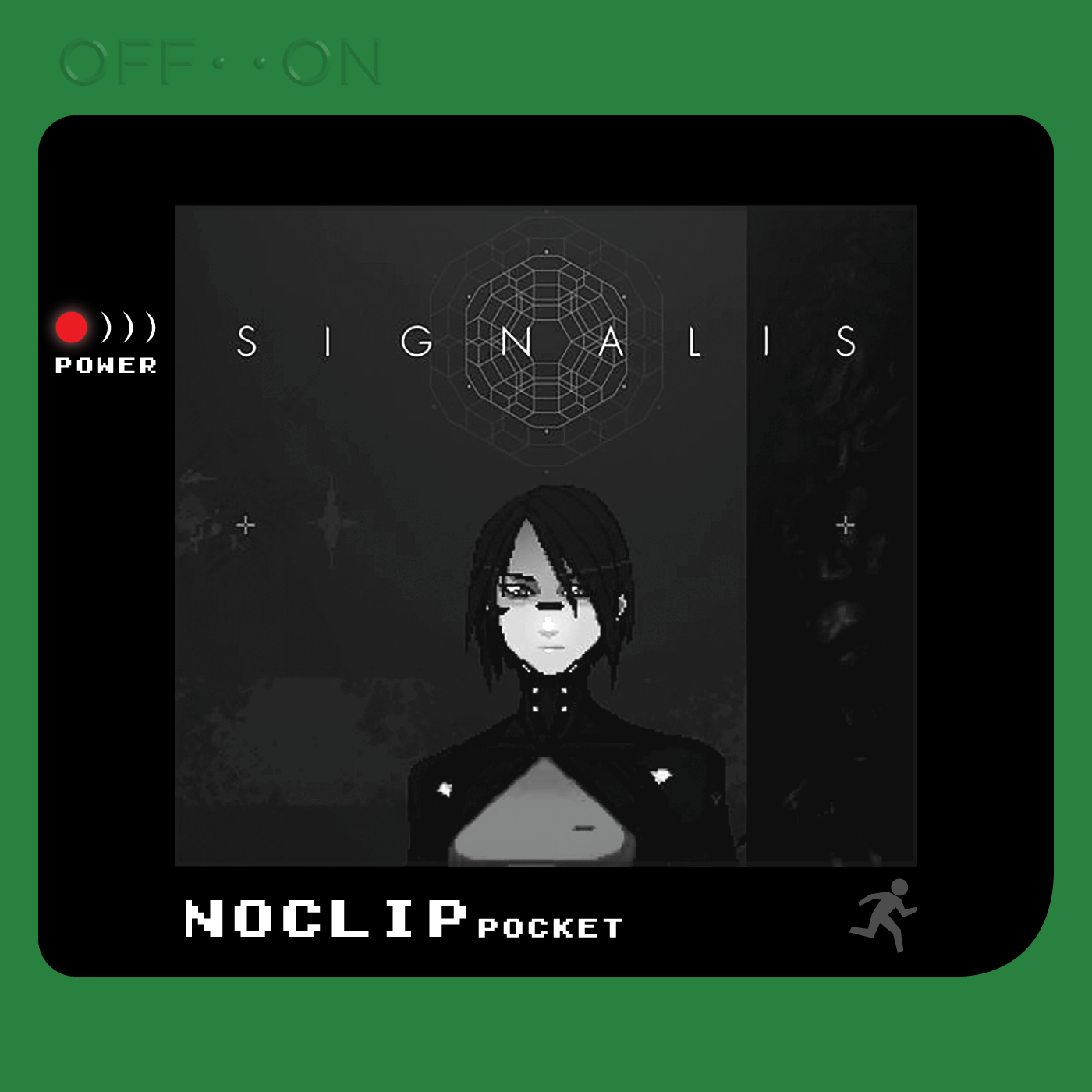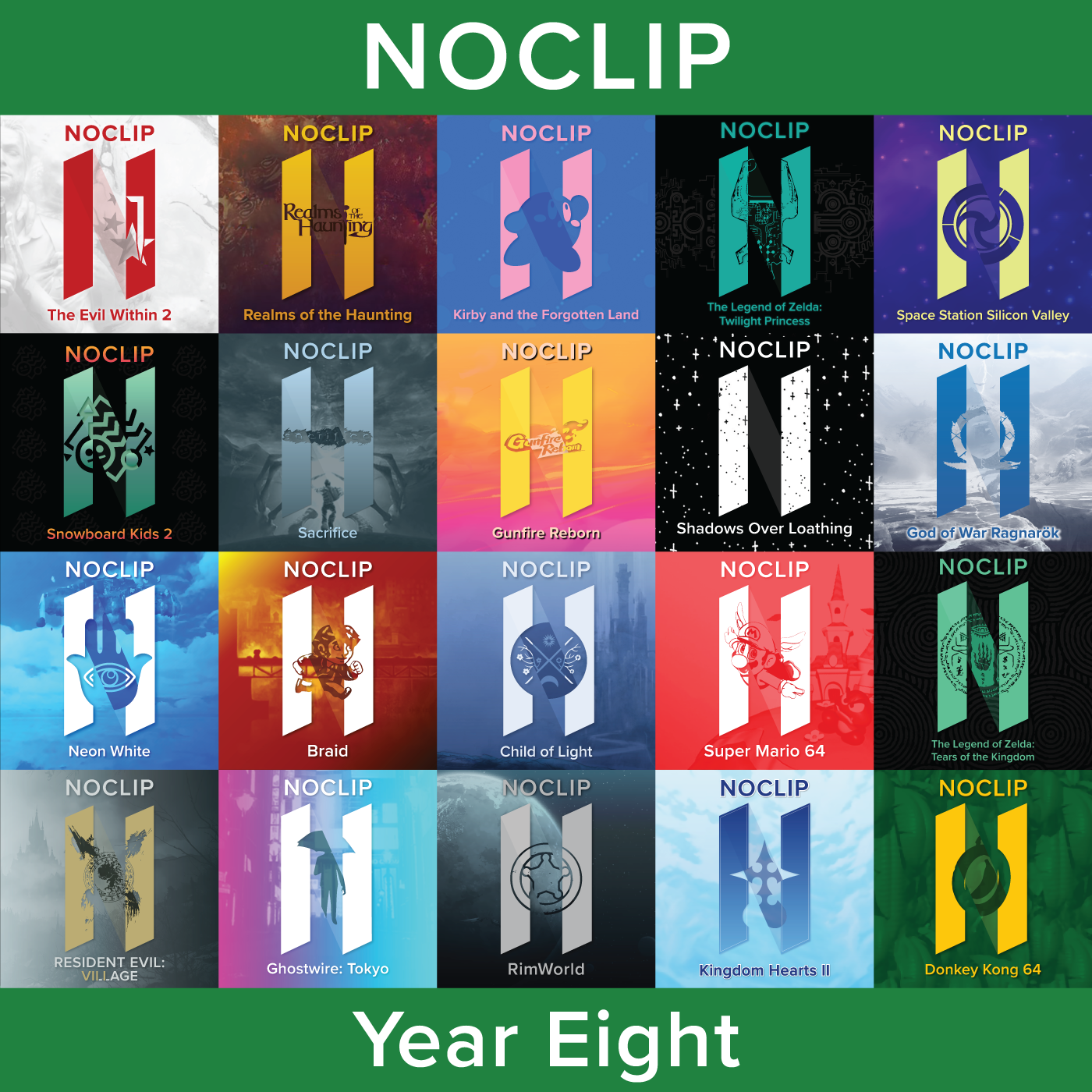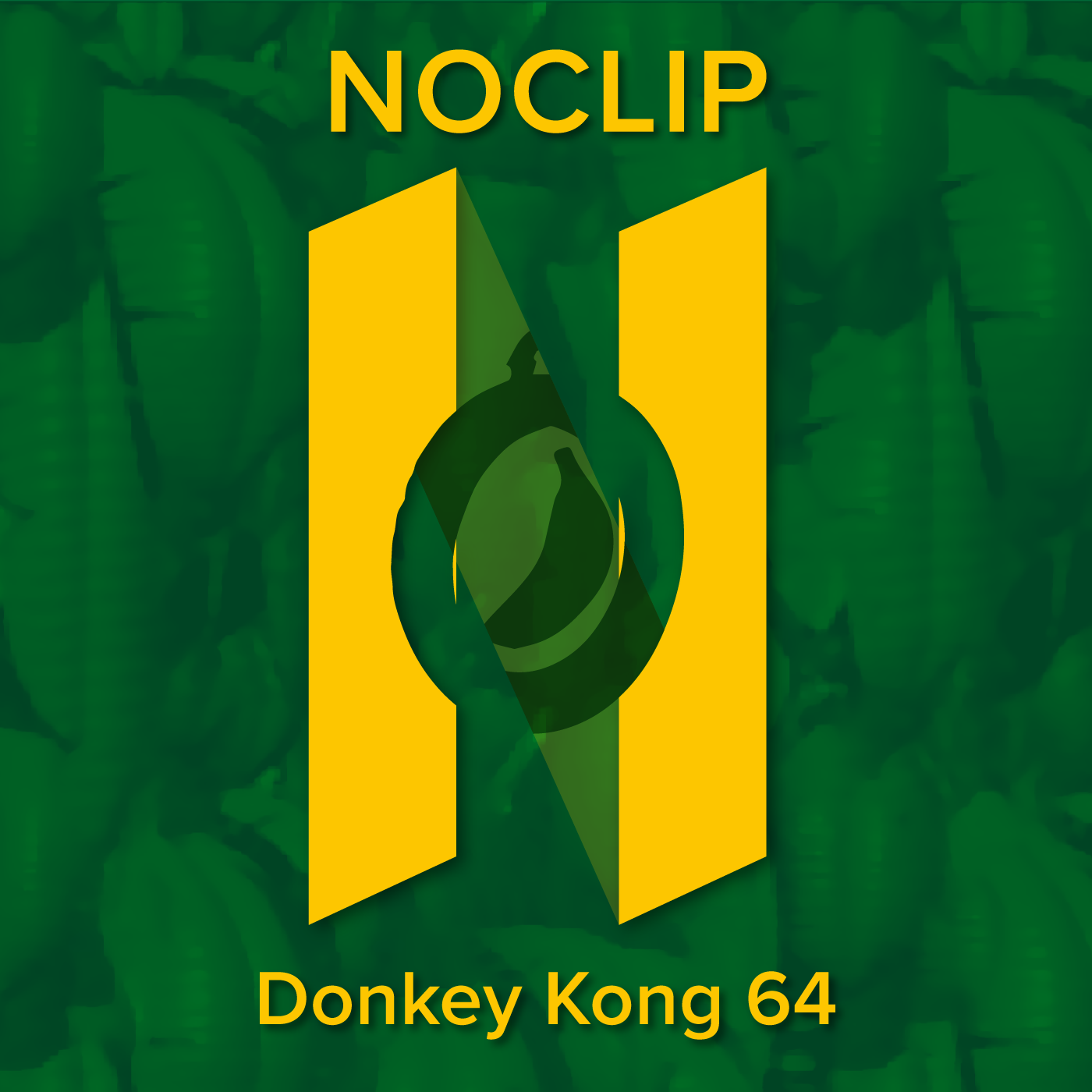Hold down and swipe up to podcast.
Welcome back to the podcast! For our last episode in Fanbruary, well into March at this point, we’re going to be talking about Mario Hoops 3 on 3. MHTOT (lol) is a bit of an anomaly in the Mario sports game pantheon, as it is a DS game that makes heavy use of the touch screen in its control scheme. This seemed like a pretty innocuous suggestion when we got it, but playing this game is a whole experience. It is without a doubt the most complicated basketball game I’ve ever played, and it is really interesting, but I’m not sure where this would even fall on the good game-bad game scale. The overall content is pretty limited, but that is partly made up for by just how difficult it is to get a handle on the controls. There isn’t too much preamble for this one, honestly, it’s just mad swiping on a DS for a few hours. We’re going to be talking about the insane control scheme, the insanely lengthy tutorial, and how this game is exactly like The World Ends With You.
Thank you for joining us again this week! This episode was requested multiple times and honestly I’m so glad we finally got to it. It’s such a bizarre time capsule for when new hardware brought innovations, some of which were good and others which were Mario Hoops 3 on 3. Was this a game you had heard about, or enjoyed when it came out? Did you actually play it with other people, and if so how was that experience? Let us know in the Discord or down in the comment section. Next time, we’re going to be playing Pseudoregalia as part of our souls-like themed month we’re trying to do, so we hope you’ll join us for that!






